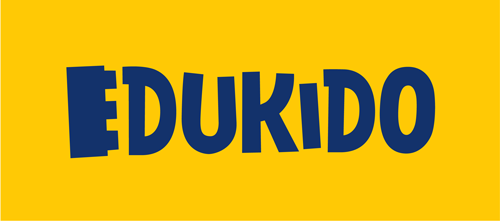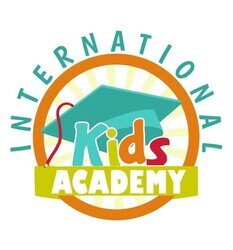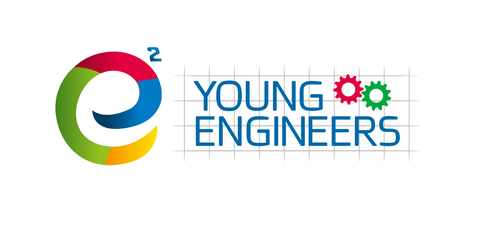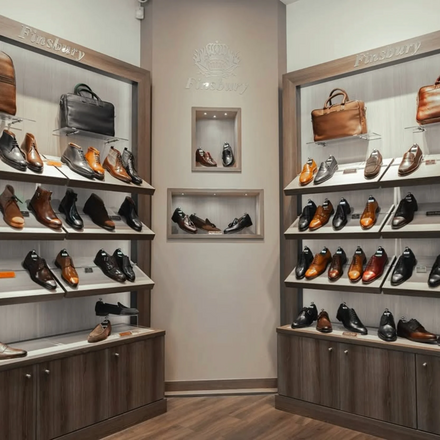Educational franchise in Europe

Educational franchises have emerged as a powerful force in Europe, addressing the increasing demand for innovative learning solutions that go beyond traditional schooling.
The demand for educational franchises in Europe has seen a remarkable increase, driven by parents seeking more than just conventional education for their children. Today’s parents are looking for programs that offer specialized skills, personalized attention, and innovative teaching methods that prepare their children for a competitive future. This trend is especially evident in the preschool sector, where early childhood education is becoming a priority. In countries like the United Kingdom, Germany, and France, there has been a significant rise in the number of franchises offering early education programs. These programs focus on cognitive development, language skills, and social interaction, providing a structured yet flexible curriculum designed to meet the diverse needs of young learners.
Leading players in the European market
Several educational franchises have established themselves as leaders in the European market, offering a wide range of programs that cater to different age groups and learning needs. One of the most notable examples is Kumon, a franchise that originated in Japan but has successfully expanded across Europe. Kumon provides after-school math and reading programs based on a self-learning methodology, emphasizing independent study and continuous practice. This approach has gained popularity among parents who want to build their children’s academic confidence and skills.
Another key player is Helen Doron, a pioneer in early language learning that offers English language programs for children as young as three months. With centers in over 30 countries, Helen Doron has become a trusted name in language education, particularly in non-English speaking European countries where bilingualism is increasingly valued.
Mathnasium, a franchise focusing on making math both accessible and enjoyable, has also established a strong presence in Europe, particularly in the United Kingdom and Germany. Mathnasium’s unique teaching approach combines personalized instruction with engaging activities, making it a popular choice for parents looking to improve their children’s math skills.
La Petite Academy, although originally from the United States, has been expanding into Europe, offering early childhood education programs that emphasize holistic development. Their curriculum is designed to foster both academic learning and social-emotional growth, preparing children for the challenges of primary education.
NumberWorks’nWords, a franchise that began in New Zealand, has gained traction in Europe with its tailored math and English tuition programs. These centers provide personalized learning plans that address each student’s specific needs, making them a valuable resource for school-aged children.
Trends shaping the educational franchise sector
The educational franchise landscape in Europe is evolving, driven by several key trends. One of the most significant is the integration of technology into educational programs. As digital learning becomes more prevalent, franchises are increasingly incorporating interactive apps, online platforms, and AI-driven tools to provide students with engaging and personalized learning experiences.
Another important trend is the growing emphasis on STEM (Science, Technology, Engineering, and Mathematics) education. Franchises that offer specialized STEM programs are in high demand, particularly those that provide practical, hands-on learning opportunities. Bricks 4 Kidz, for example, focuses on STEM education through LEGO-based activities and is rapidly expanding across Europe.
The rise of bilingual and multilingual education is also shaping the educational franchise market. With increasing globalization and the mobility of European families, there is a growing demand for language education franchises. Parents are keen to equip their children with the linguistic skills needed to thrive in a multicultural environment, making franchises that offer bilingual or multilingual programs highly sought after.
Additionally, there is a growing recognition that education is not just about academics. Franchises that focus on holistic development, addressing emotional intelligence, creativity, and social skills, are becoming increasingly popular. Programs that incorporate mindfulness, arts, and physical activity are particularly appealing to parents who want well-rounded development for their children.
Opportunities and considerations for entrepreneurs
For entrepreneurs, the educational franchise sector in Europe offers a unique opportunity to invest in a business that is both financially rewarding and socially impactful. However, there are several factors to consider before entering this market. Understanding the specific educational needs and preferences of the local market is crucial, as what works in one country may not necessarily be successful in another. Conducting thorough market research and adapting the franchise offering to local conditions is essential.
Moreover, education is a highly regulated sector with varying requirements across different European countries. Prospective franchisees must be aware of local regulations regarding curriculum standards, teacher qualifications, and operational licenses. Partnering with a reputable and well-established franchise can significantly enhance the chances of success, as parents are more likely to trust a recognized brand, especially in the field of education.
Finally, one of the key benefits of franchising is the support and training provided by the franchisor. It is essential to choose a franchise that offers comprehensive training programs and ongoing support to help navigate the challenges of running an educational business.
The educational franchise sector in Europe is vibrant and full of potential. As parents increasingly seek high-quality, innovative educational programs for their children, franchises that can meet these demands are well-positioned for success. For entrepreneurs, investing in an educational franchise is not just about financial gain—it is an opportunity to make a meaningful impact on the future of the next generation.
Featured franchises
No featured franchises
Other concepts from sector education

Edukido
Educational programs with Lego

International Kids Academy
Day care for children

Scientific kitchnette
Educational programs for kids

Speed Reading and Smart Learning School
Educational programs for kids

Verbatoria
Talent testing using neurofeedback

Young Engineers
Educational programs for kids

IQ UP!
Children's mind development courses
Breaking news
Show all
Expanding premium footwear through franchising
A French footwear brand expanding through franchising, offering structured entry into premium shoe retail with established operational standards.

Franchise model in sustainable water solutions
An international franchise network focusing on water generation and distribution technologies designed for commercial and residential markets.

Milano Cosmetics franchise overview
Milano Cosmetics offers a global franchise model for professional beauty salons with defined financial terms, operational support, and...

REFAN franchise network
REFAN is a European cosmetics and perfume manufacturer offering a standardized franchise model based on private-label production and retail.


